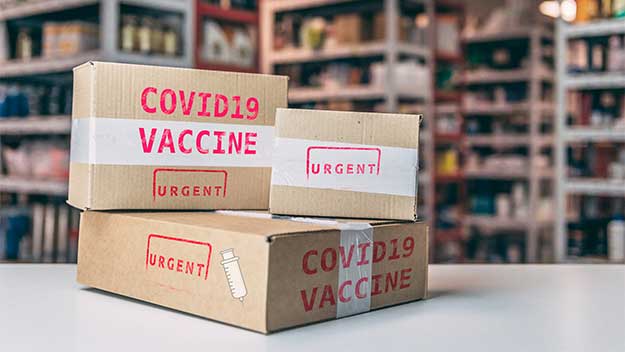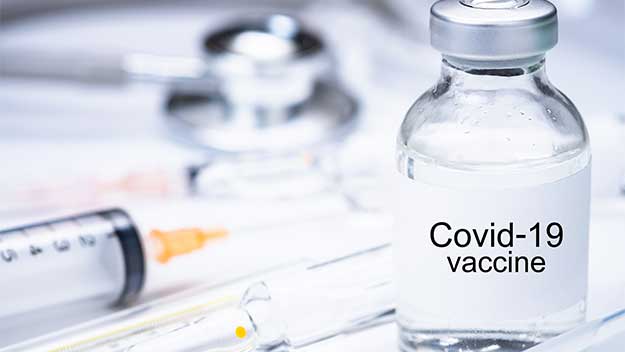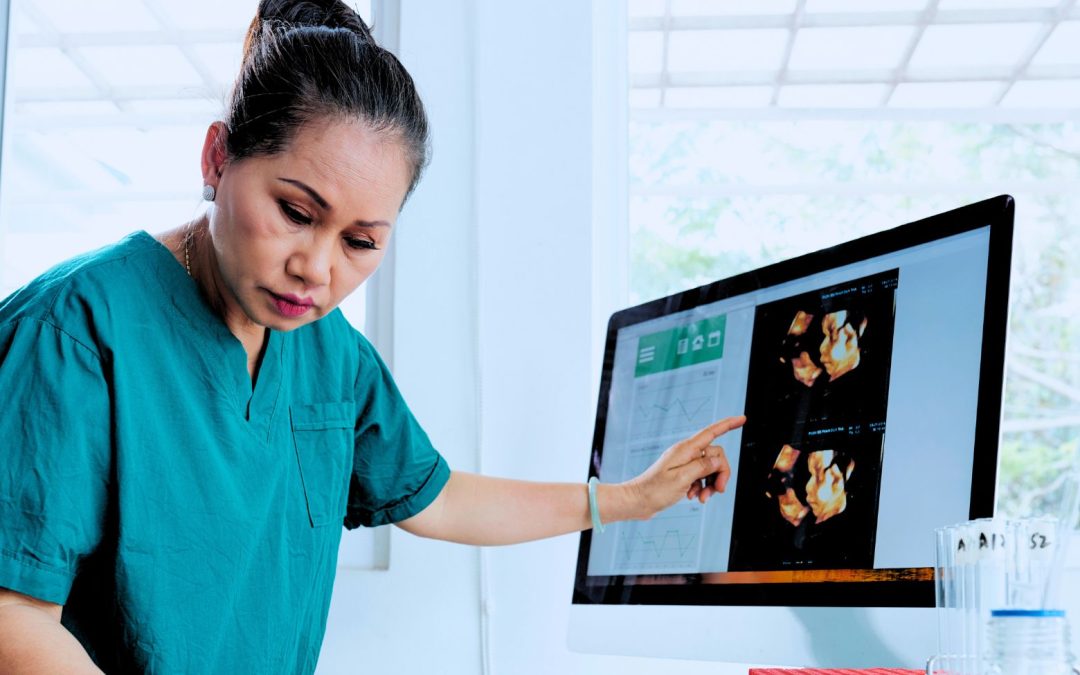How the mRNA COVID-19 Vaccine Works
This mRNA vaccine is a new type of vaccine, but it is not unknown to the scientific community. The goal of this vaccine is to reduce serious disease and to decrease the spread of the virus.
How most vaccines work: Most vaccines used weakened or inactivated versions of the disease-causing pathogen to stimulate the body’s immune response to create antibodies for that pathogen.
How mRNA works: The mRNA gives instructions to the cell on how to make a small piece of the “Spike Protein” that is unique to SARS-CoV2. The antibodies, then produced, are specific to SARS–CoV2, priming your immune system to defend against the virus in the event of future exposure (2).
Translation: So, rather than having the viral protein directly injected into your body, as with most other vaccines, an mRNA vaccine consists of mRNA (the instructions), injected into the body, to tell the body how to make the viral protein on its own. With both cases, the body then creates an antibody for the viral protein, resulting in stronger immunity against the virus.
mRNA does not contain a live virus and does not carry a risk of causing disease in a vaccinated person (2).








